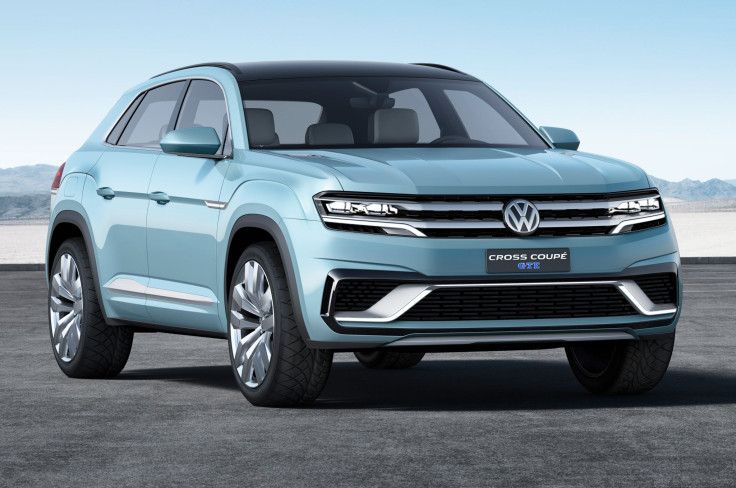Volkswagen AG Is Struggling To Lure US Car Buyers: Here's Why

Just days after one of the biggest leadership shake-ups in Volkswagen Group’s history, the world’s third-largest automaker shared some much-needed good news: It posted strong profit growth for the first three months of 2015, beating Wall Street’s expectations.
The positive first-quarter earnings statement Thursday was a timely vindication for CEO Martin Winterkorn, who had just survived an internal effort to overthrow him. On Saturday, longtime Volkswagen Chairman Ferdinand Piëch resigned in the wake of his failed attempt to persuade the company’s board to oust Winterkorn.
Piëch blames Winterkorn for Volkswagen’s recent failings. One of the company’s biggest shortcomings under Winterkorn: The VW group is losing market share in the U.S., the world’s second-largest—and most profitable—region for auto sales. Volkswagen has seen two consecutive years of market share shrinkage in the U.S. And if the first three months of sales are any indication, this hemorrhaging will continue this year.
So why can’t a company that dominates foreign automakers in China -- while continuing to fare well in Europe -- make cars that Americans want to buy?
In 2014, nearly all of Volkswagen brand models experienced U.S. sales declines. Demand for the company’s well-known models, like the Beetle, the Jetta, and the Passat, all dropped. Of the 15 Volkswagen models sold in the U.S., only the Golf GTI increased sales by any significant measure in 2014. (Jetta sedan sales ticked up 0.1 percent, which amounts to fewer than 100 more cars than the previous year.)
In addition to its stumbles in the U.S., the Volkswagen brand has been hit hard by weak emerging market performance, especially in Brazil and Russia. But the company is largely doing well. For the first quarter, Europe’s largest automaker reported a 21 percent rise in net income, to 2.9 billion euros ($3.2 billion), on revenue of 52.7 billion euros ($58.9 billion). Global unit sales increased 1.8 percent to 2.6 million vehicles.
Although China is the world’s largest auto market, competition to lure car buyers away from rivals is more intense in the U.S. Akshay Anand, automotive analyst for Kelley Blue Book, believes Volkswagen needs to shorten its so-called product cycles in the U.S. That’s the amount of time between the introductions of a new model and when that model is redesigned, either partially, which is known in the industry as a midcycle refresh, or completely, known as a new generation of a particular model. American consumers tend to buy or lease new cars more frequently.
For example, the Volkswagen Touareg crossover SUV was first introduced in 2002 and received its first refresh five model years later, in 2007. Compare that to Ford’s popular Fusion full-size car. The second generation was released on 2013, and Ford is planning a midcycle refresh for the 2016 model year to reinvigorate interest in its best-selling sedan.
Volkswagen is aware of the issue and is planning to release a newer and longer (aka more legroom) Tiguan crossover in 2017. It’s also spending $7 billion over the next five years in North America to reverse its loss in market share and planning a new midsize SUV for the U.S. market in 2016, and it could release a third new SUV based on the Cross Coupe GTE plug-in hybrid concept it showed off at the Detroit auto show last year.
Winterkorn’s strategy of focusing on the booming U.S. auto market could position Volkswagen to recover lost ground. Recent investments in the company’s Chattanooga, Tennessee, plant include a new R&D center and an additional production line.
Even with new plans in place, Morningstar analyst Richard Hilgert says Volkswagen still struggles with making less money on its cars compared with its rivals.
“VW has kept pace with General Motors and Toyota’s growth in recent years, making it a very tight three-way race for the title of largest global automaker, but VW’s struggles in markets like the U.S. and Brazil, along with lower profit margins versus GM and Toyota, shows there’s still much work to be done,” Hilgert said in a research note this week.
© Copyright IBTimes 2024. All rights reserved.





















